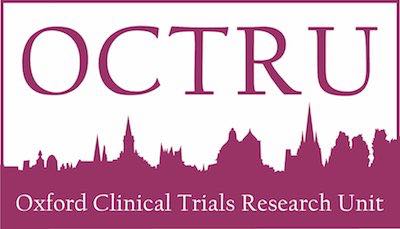What is the purpose of this study?
We are looking at how best to treat shoulder pain in people who have been diagnosed with a rotator cuff disorder caused by problems with the muscles and tendons in the shoulder. Shoulder pain is usually treated with some combination of advice, rest, drugs and physiotherapy, but we don’t have much evidence for actually knowing which treatments work best.
The GRASP trial is testing whether people with a rotator cuff problem do better after a structured exercise programme supervised by a physiotherapist or after one best-practice advice session with a physiotherapist and an exercise programme conducted at home. We are also testing whether getting an injection in the shoulder joint before starting either regime helps relieve pain, allow more comfortable exercise, and improves patient function more quicker.
Who is taking part?
We are recruiting men and women from across the UK who have recently developed shoulder pain and where a health care professional has diagnosed that the pain is due to a rotator cuff problem. If you are interested in participating and think you might be eligible please speak to your doctor or physiotherapist to find out if they are supporting the trial.
What will taking part involve?
If you are invited to take part in this study, and decide to participate, a researcher will carry out some simple assessments to confirm that you are eligible. If you are eligible and still want to take part, you will be asked to sign and date a consent form and complete a short questionnaire that asks about you, your health and activity, and your shoulder pain.
A researcher will then enter your details into a computer and a computer program will make a decision about which group you will be in while in the study. This allocation is made by chance, rather like the toss of a coin, this is important because it ensures that the different treatment pathways are tested fairly, no one can influence the group the computer puts you into.
What treatment will I receive?
The treatment that you will receive would be 1 of the 4 treatment pathways below:
-
Treatment 1: You will receive up to 6 sessions with a physiotherapist over 16 weeks. The first session will last between 40 - 60 minutes, during which you will be given a simple set of exercises to do at home. You will then have up to 5 follow-up sessions of 20 to 30 minutes with the physiotherapist.
-
Treatment 2: You will receive 1 session with a physiotherapist lasting between 40 -60 minutes. You will be given advice on managing your shoulder pain and a simple set of exercises to do at home. You will also get an advice booklet and exercise DVD (or a link to a website) with the exercise videos.
-
Treatment 3: You will first get an injection of a steroid and local anaesthetic into your shoulder. You will then receive the same programme of up to 6 sessions with a physiotherapist supervised over a 16 week period as in Treatment 1.
-
Treatment 4: You will first get the same injection of a steroid and local anaesthetic into your shoulder. You will then receive the same programme of 1 session with a physiotherapist and exercise materials as in Treatment 2.
You will be told which treatment you will receive at your clinic appointment. Your treatment will be provided by fully trained NHS physiotherapists at a centre in your local area.
What happens after I have attended for treatment?
If you take part in the study, we will ask you to complete 3 questionnaires that ask about you, your health and activity, and your shoulder problem. We will also ask you about any appointments you have had at the hospital or your GP practice. You will receive the first questionnaire in the post about 8 weeks after you join the study. You will receive the second questionnaire at 6 months and the final questionnaire at 12 months after joining the study.
As part of this research, we may want to look at information held by the NHS and by sources maintained by NHS Digital and other central UK NHS bodies. We will only look at information that is relevant to this research. We will request your permission to access this information. If you give your permission, then only authorised individuals from the research team will access this information for up to 5 years after you entered into the study.
All data collected as part of the study will be processed according to the Data Protection Act 1998, details of which can be found here.
Further information:
You can read more information about participating in the GRASP trial by downloading the generic GRASP Participant Information Leaflet here.






